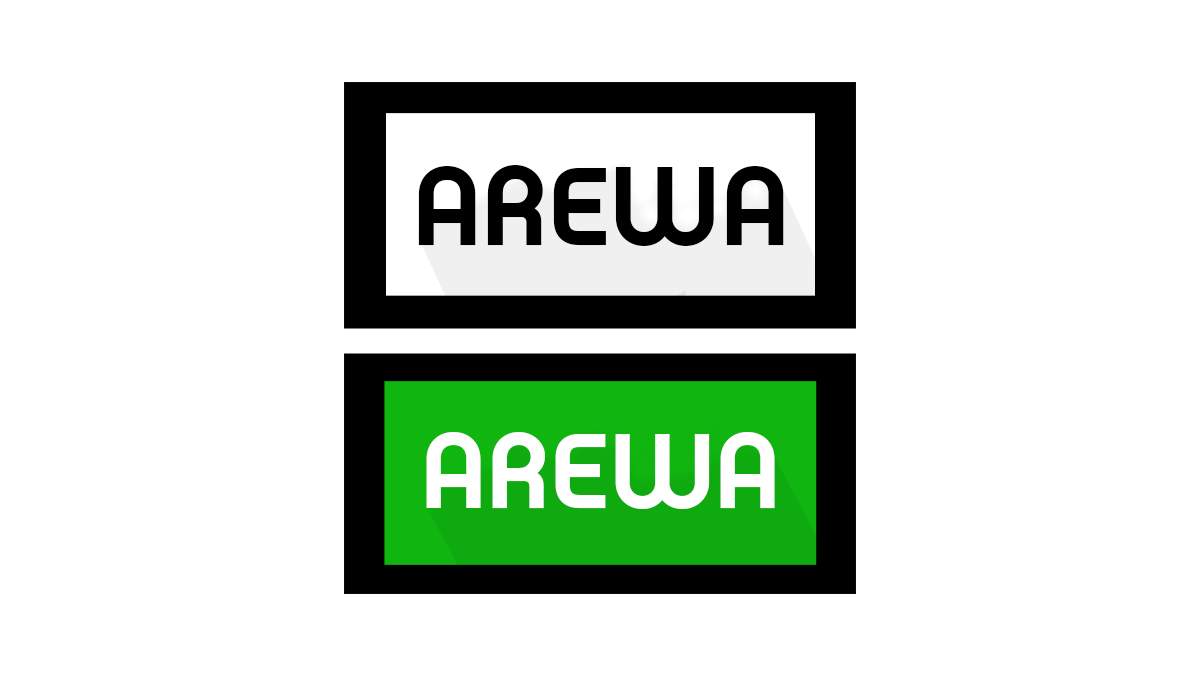
The EU on Wednesday tightened its rules on Covid-19 vaccine exports, making authorisations contingent on destination countries behaving “fairly” in return — particularly vaccine-producing ones.
The action came as Brussels wrangled with UK-based vaccine producer AstraZeneca over a supply shortfall, spurring a British warning against “arbitrary blockades”.
But Britain and the European Commission later issued a joint statement stressing that their interdependencies in producing vaccines meant cooperation was needed.
“We are working on specific steps we can take — in the short, medium and long term — to create a win-win situation and expand vaccine supply for all our citizens,” the statement said.
Officials said that, under the revised vaccine export rules, the commission would weigh how needy countries are, in terms of infection rates and how many vaccines they have, as well as how readily they export doses to the EU.
“Open roads should run in both directions,” commission chief Ursula von der Leyen said.
“This is why the European Commission will introduce the principles of reciprocity and proportionality into the EU’s existing authorisation mechanism,” she said, referring to a vaccine export vetting scheme introduced in February.
British Prime Minister Boris Johnson, speaking before the joint statement was issued, told lawmakers that the EU risked “long-term damage” to its reputation if it imposed “a blockade, or interruption of supply chains”.
While the joint statement did not spell out what cooperation was in the offing, an EU diplomat said a “win-win” outcome when it came to AstraZeneca production would mean that “both (the EU and Britain) should share in getting less than anticipated”.
– AstraZeneca in the spotlight –
EU officials were adamant their vaccine export authorisation scheme was not an “export ban”.
They said it did not target any country in particular — though they called out AstraZeneca for falling far short on its deliveries to Europe.
AstraZeneca is “not even close” to delivering 30 million doses promised in the first three months of this year — which were already well below the 120 million they had been under contract to supply — commission Vice President Valdis Dombrovskis told a news conference.
The commission early this month backed Italy in using the mechanism to ban a shipment of 250,000 AstraZeneca doses meant for Australia.
It was the only time so far a ban has been applied, with 380 other export requests being approved — including ones sending 11 million doses to Britain.
Britain sees the reinforced export authorisation scheme as a threat to its vaccination programme, which had been powering ahead thanks to smooth AstraZeneca deliveries.
Johnson spoke to von der Leyen and EU leaders in recent days to try to head off any bans on shipments from the EU of doses of the AstraZeneca or BioNTech/Pfizer vaccines.
– Pressure on companies –
Under the EU mechanism, a company running a vaccine plant in an EU country is required to apply for export authorisation. The EU country and the commission decide jointly whether or not to grant approval.
The added scrutiny puts deliberate pressure on companies to factor in Europe’s needs compared to the destination country before applying for export approval.
“Some countries have secured already a lot of vaccines, they have already secured a vaccination rate which is much, much higher than in the European Union,” one EU official noted.
The EU — a vaccine-producing powerhouse — stands out for continuing to allow exports while other countries with big production bases, such as Britain and the United States, use legislation or commercial contracts to keep doses for their populations only, officials said.
EU officials said they were confident EU leaders would support the stepped-up measures when they held a virtual summit on Thursday, and that the mechanism was compliant with World Trade Organization rules.
The summit is not expected to make any formal decision to back or oppose the move, with diplomats saying all trade-related matters were the prerogative of the commission.
[AFP]


